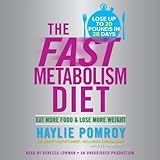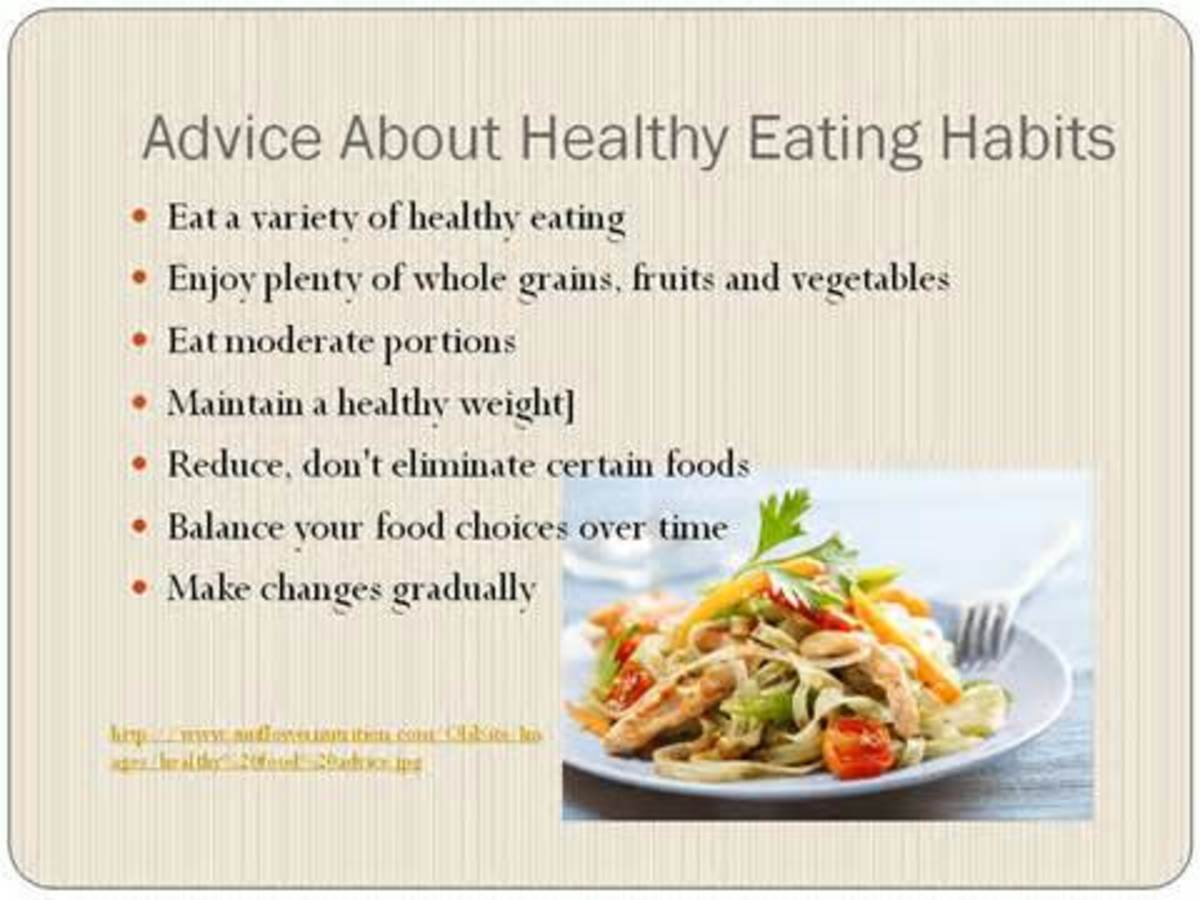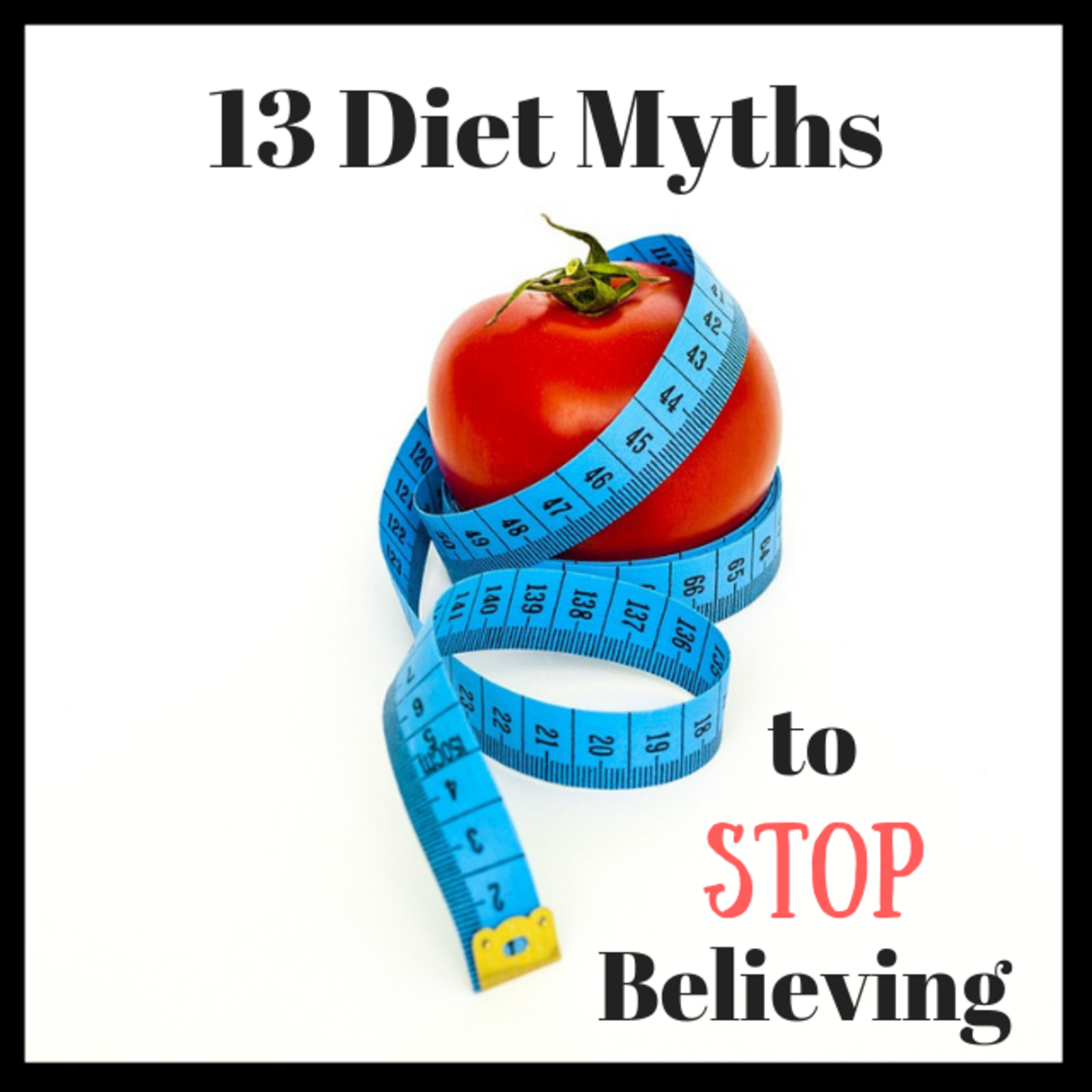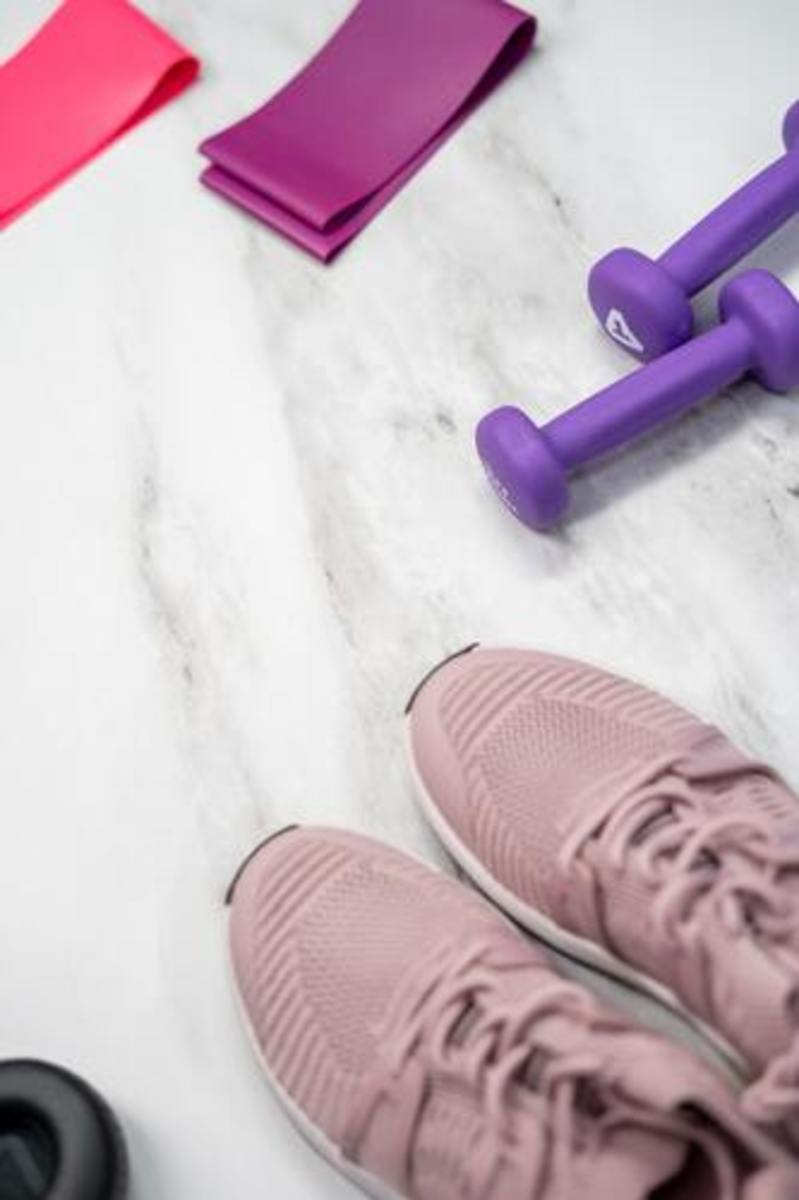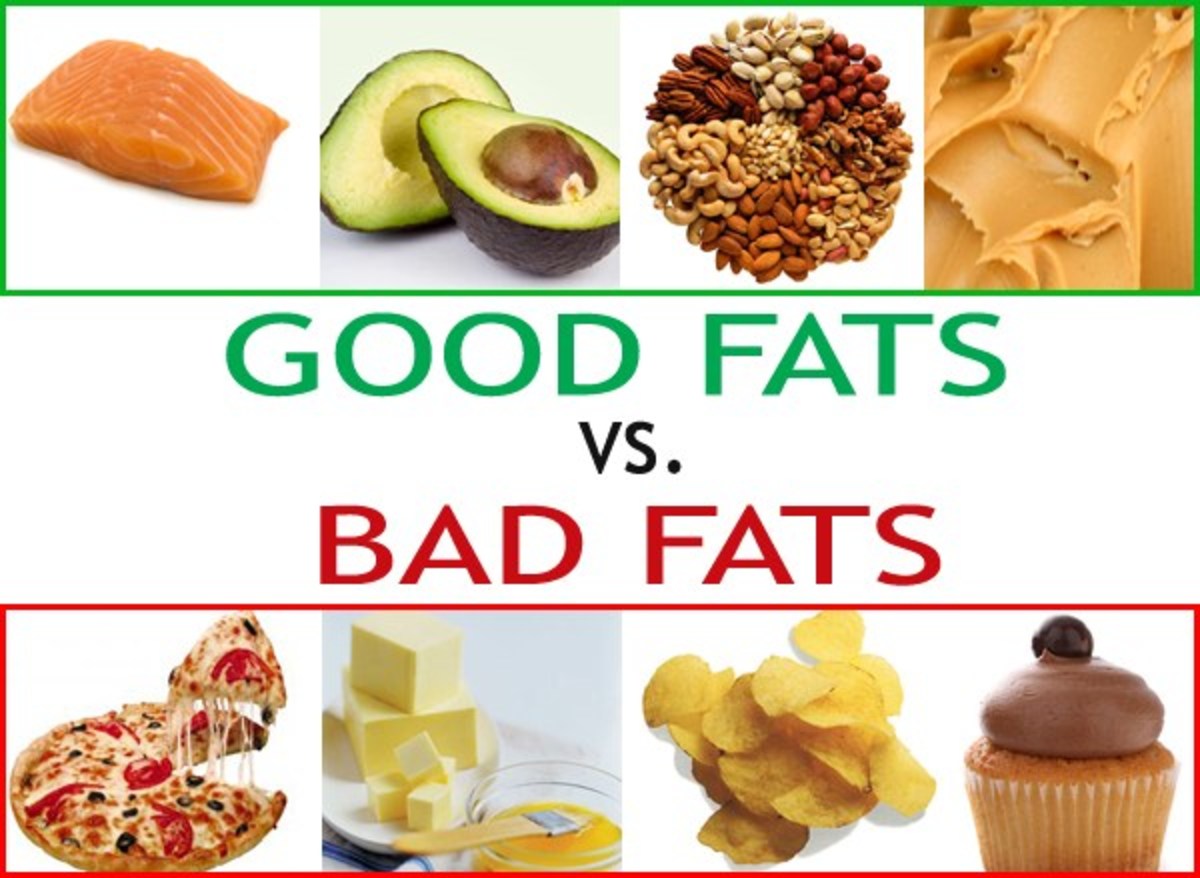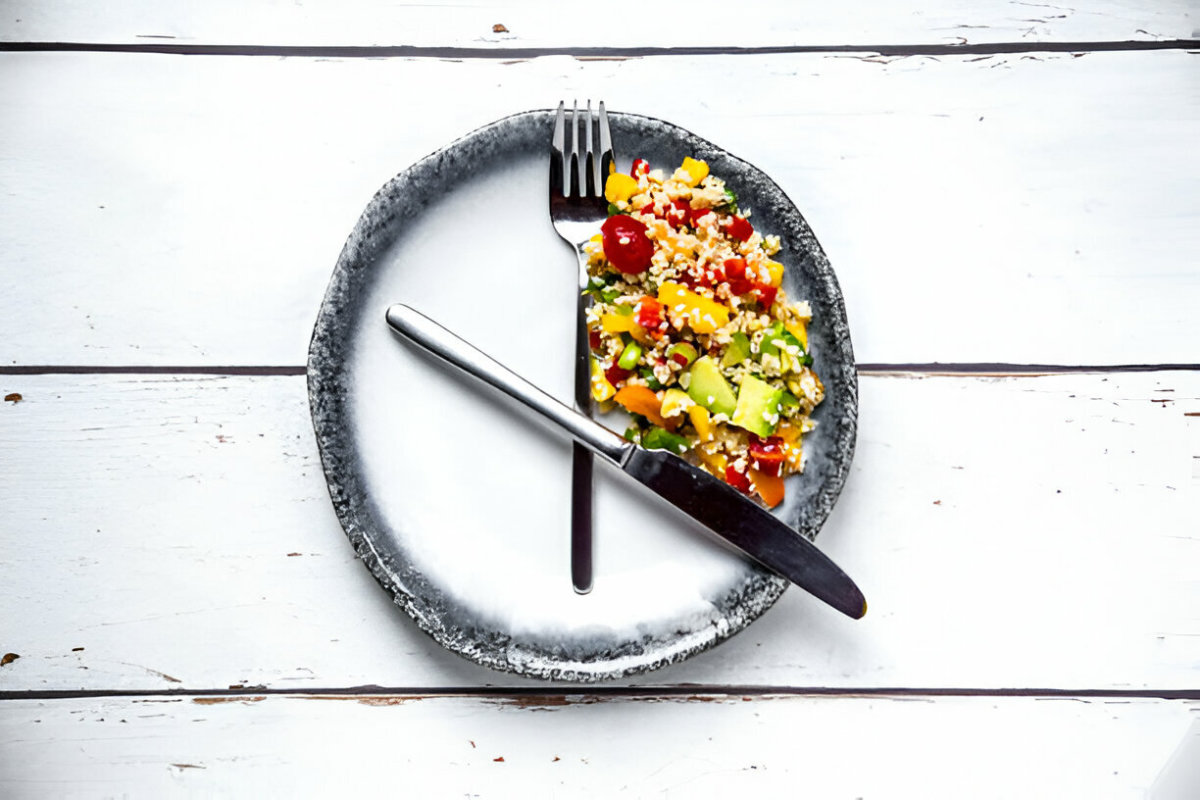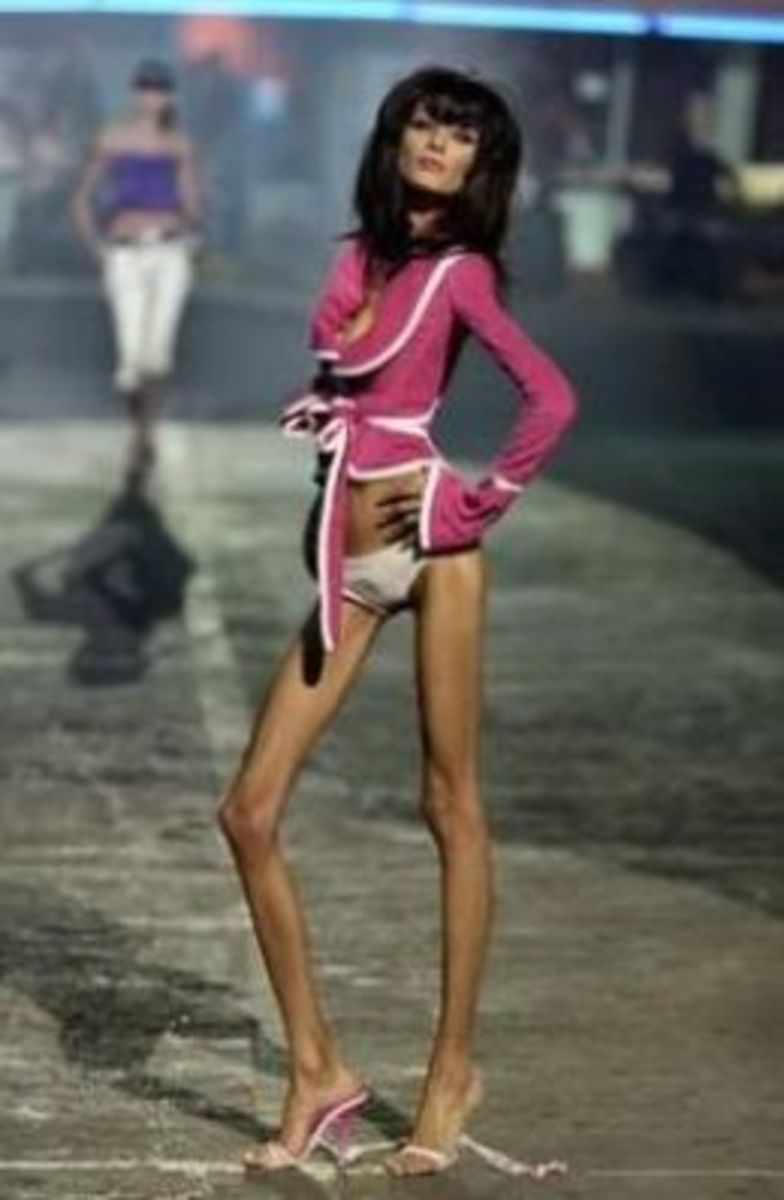Diet and Metabolism: Guide to a Healthier You
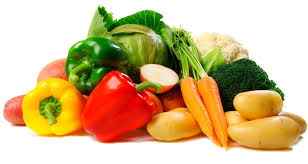
Diet and Metabolism: Tips for Healthier Living
Let’s face it. Most of us cringe when we hear the word “diet.” That is because most of us have tried at least one diet in our life times and have found the experience to be wholly unsatisfying. Diets are associated with calorie counting, self-denial, hunger pangs and daydreaming about foods we can’t have. But here’s a challenge for you. Instead of thinking about “diet” in the restrictive sense, train your brain to think about “diet” in the literal sense. Diet is simply what you eat. You either have a healthy diet or a not-so-healthy diet. The choice is yours. Your “diet” is the nutritional component to your lifestyle. Once you embrace the new way of thinking about “diet” you will realize that it isn’t such a dirty word after all.
The following are a few ways in which you can utilize your diet to your advantage and work your way to a healthier you.
Eat a Healthy Breakfast
There are a couple of reasons for this. The first is that there are more hours between your evening meal and breakfast than between any other meal. Therefore, the body begins to go into starvation mode if you skip breakfast. In essence, the body isn’t sure when it will receive the nutrients it craves so it begins to slow its metabolism and store fat. You can avoid this by simply eating breakfast. And some breakfast is better than no breakfast. If a bigger breakfast doesn’t suit you, try having a piece of fruit or a cup of yogurt. The second reason for eating a healthy breakfast is that feeding your body and brain gives you more energy to face the day. Energy comes from calories. If you have no calories, it stands to reason that you’ll have less energy. The third reason to eat a healthy breakfast is that you have more hours of activity ahead of you in which to burn those calories. If you make lunch or dinner your heavier meal you have fewer hours of activity left in which to burn the calories and unburned calories will convert themselves into fat.
Exercise Before Eating
Exercise also boosts the metabolism, so exercising prior to consuming a meal will help you to more efficiently burn calories after eating. The more calories you burn, the fewer that get converted into fat. It’s as simple as that. In addition, you will reap the cardiovascular benefits of a good workout. Even something as simple as going for a brisk 20-30 minute walk will help boost your metabolism. Exercise has actually been shown to boost your metabolism for up to 4-8 hours after you are done exercising! But this doesn’t mean you can eat whatever you want.
Food is Fuel
Food should be considered fuel for your body. You need the calories to provide energy and the good fats to help lowercholesterol. Think about the type of gas you put into your car. You use unleaded gas in most cars. Not leaded gas. Not diesel fuel. Using the wrong type of gas can ruin your car’s engine just like eating the wrong types of food can be detrimental to your body. Also, when your gas tank is full, you stop pumping gas into it. Likewise, when your body is full, you should stop feeding it. Your body uses only the nutrients it needs. The rest are stored as fat. Choosing the right types and right amount of food is critical to keep your body running as smoothly as a well-tuned automobile. If you burn more calories than you consume, you will lose weight.
Know Your Fats
There are good fats and there are bad fats. It is important to know the difference. Crash diets in which one tries to avoid all fats to the extent possible is a bad idea. We do not want to eliminate the good fats from our diets because fats help us to absorb nutrients and maintain the integrity of our cell membranes. The bad fats however, lead to heart disease, weight gain and other health concerns.
The good fats are called monounsaturated fats. These fats help to lower our low density lipoprotein (LDL) cholesterol (the bad kind) while increasing our high density lipoprotein (HDL) cholesterol (the good kind). Good fats can be found in foods such as avocado, olive and canola oil, and nuts. Another good fat is called polyunsaturated fat. They also help to lower LDL cholesterol as well as total cholesterol count. Polyunsaturated fats are found in fish oils and fish such as salmon, oils such as safflower, soy, corn and sunflower oil.
The bad fats are called saturated fats. These are the fats that raise total cholesterol counts and LDL cholesterol. Bad fats are found in such foods as eggs, dairy products, some seafood and meats. Oils such as coconut and palm oil are also high in saturated fats. Trans fats are also bad for you. These are the fats that are produced through the hydrogenation process as a means of prolonging their shelf life. They are found in many products we consume on a daily basis such as margarine and shortening, and in prepackaged foods and in fast foods.
Carbohydrates are Good
Carbohydrates are converted into glucose which is used as fuel for your body. This is why, prior to racing, most athletes have a “carbo-load” meal such as pasta. The glucose (sugar) is burned during the race. If it were not burned, it would be stored as fat. Therefore, eating carbs the night before a strenuous race can provide a body with crucial energy. However, eating larger amounts of carbohydrates without engaging in the necessary exercise required to burn the glucose will have the opposite effect. That is why you have heard of fad diets such as the carb diet. But if consumed wisely, carbs are not bad for you. The best sources for carbohydrates are whole grains, fruits, beans and other vegetables.
Proteins are Good
A common myth is that if you eat a vegetarian diet, you will naturally be thinner and healthier. This is not true. Meat contains protein which is essential in the production of antibodies that help us to fight certain diseases. Protein rich foods are also converted into carbohydrates, so eating too much protein without getting regular exercise is not a good idea because as mentioned earlier, carbs which are not burned with exercise will be stored as fat. Proteins are one food that when consumed, actually help a body to burn more calories when at rest than any other food group. This is why, like anything else, proteins are good for you in moderation.
Drink Plenty of Water
Notice that I did not simply say, drink plenty of fluids. While there are other drinks that have certain health benefits, such as natural juices, milk and certain sports drinks, the best, purest beverage is water. 75% of our bodies and 90% of our brains are comprised of water. In order to help both body and brain function properly, it is important to maintain good hydration and replace the water that is lost through physical exertion when we sweat and through other natural bodily processes. Proper hydration helps reduce the risk of certain cancers, boosts your immune system helps speed recovery time from injuries, and detoxifies the body. It is recommended that a person drink at least 8 glasses of water per day. That is a lot! Carrying a water bottle with you is a good idea. If you are not into water itself, try adding a slice of lemon, orange, lime or cucumber, or a sugar-free drink mix such as Crystal Light. Drinking caffeinated beverages can actually have a dehydrating effect, so reduce or eliminate caffeinated coffees, teas and sodas. In addition to the caffeine, many such beverages contain high amounts of sugars which are stored as fat so you want to avoid them if you can.
Everyone Needs a Treat Sometimes
Denying yourself an occasional opportunity to “cheat” on your healthy diet is okay. Remember, we’re not talking about a crash diet. We’re talking about a lifestyle. If you consistently deny yourself the occasional piece of cake or milkshake, you are thinking of this in old-school “diet” terms. If you have a treat once in awhile, you can satisfy your cravings and embrace the lifestyle aspect of the word diet. That being said, there are always alternatives to the more unhealthy cravings which can be as satisfying as the rich, decadent treats you love. For example, try a shake made with skim milk, ice mile or yogurt instead of ice cream. Fruit smoothies are also an excellent alternative to the richer malts and shakes we all love. Fat free yogurt or fat free pudding made with skim milk, fresh fruit slices and low fat Cool Whip make lovely parfaits. Ice cream treats by Weight Watcher’s are actually quite tasty and while they still contain sugar and some fat, the nutritional content is generally healthier than in the non-diet alternatives. As with anything else, even the healthier desserts should be consumed in moderation.
Consult a Nutritionist or Physician
Even though embarking on a lifestyle change is a good thing, you’ll want to do it in an informed, safe manner. Therefore, I would recommend consulting a physician or nutritionist before making radical changes to your lifestyle. You can determine your baseline weight, height, measurements, BMI, blood pressure, blood sugar and cholesterol, all things that can be monitored as you embark on your new lifestyle.
Keep a Journal
You will probably be very surprised at how many calories you actually consume in a day until you start keeping a food journal. This can be as simple as getting a spiral notebook and recording everything that you consume each day, including beverages. If you want to be more sophisticated about it, you can also record the caloric intake and details such as fat, sodium, carbohydrate and sugar counts of the foods you consume when you know them. Keeping a journal will give you and your MD or nutritionist a much more accurate picture of your nutritional lifestyle. It also keeps you honest. It is amazing how, even if no one sees your journal but you, you choose to avoid bad foods or too much food when you actually have to admit to yourself how much you’re consuming! Keeping a journal is a kind of healthy mind game you can play with yourself. Once you’ve done it for awhile, you will eventually find that you no longer need it, because you’ve made a successful transition to healthier nutrition.
Keep in mind that if you are pregnant, your intake of fat, calories and cholesterol should be somewhat higher and based upon recommendation from your physician. You should not be restricting calories when you are pregnant. Also, your body will automatically produce a higher level of cholesterol as a result of the pregnancy, so elevated cholesterol levels are not a cause for concern. Levels should stabilize after you have finished lactating.
Rate this Hub
Links for Active Adults
- Bike Trails in Southern Wisconsin
Biking in Southern Wisconsin If you are an avid cyclist, biking the trails of southern Wisconsin is a must! Wisconsin is a very scenic state, filled with wildlife, colorful foliage and plant life, and a... - Triathlons: Choosing Your Distance
Going the Distance The sport of triathlon has been steadily gaining appeal for the past several years, in part, because of the various distances offered, which attract everyone from the weekend warrior to... - Triathlon Transition Staging
Preparing your Transition Area For first time triathletes, preparing the transition area can be more stressful than the race itself. By race day, you have been training for weeks or months. You have swam,... - Marathon Training Plan
Training for Your First Full Marathon Training for a full marathon is no small commitment. It takes dedication, perseverance and an ability to work through fatigue, pain and mental exhaustion. You run in...
© 2010 Jaynie2000

